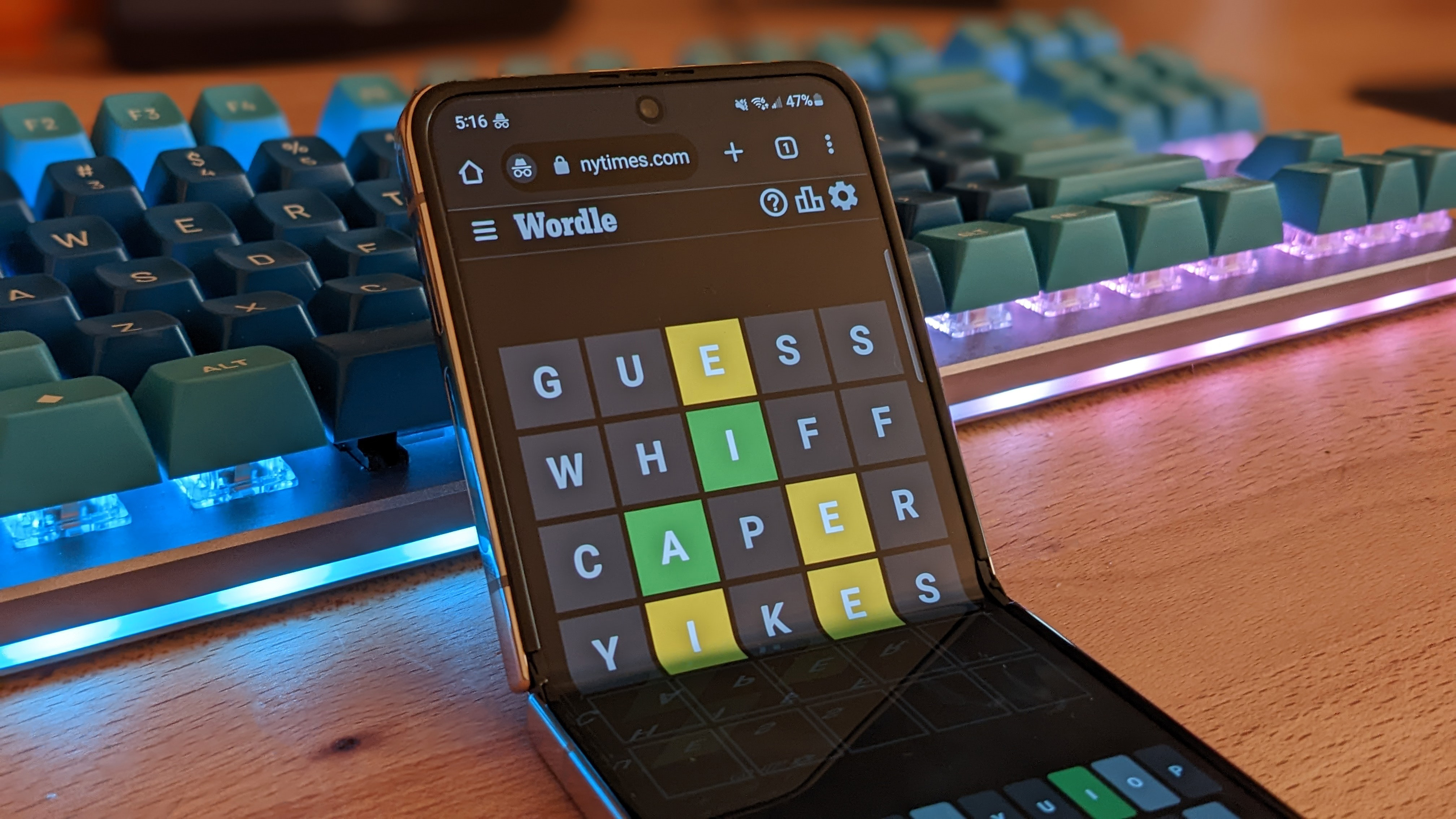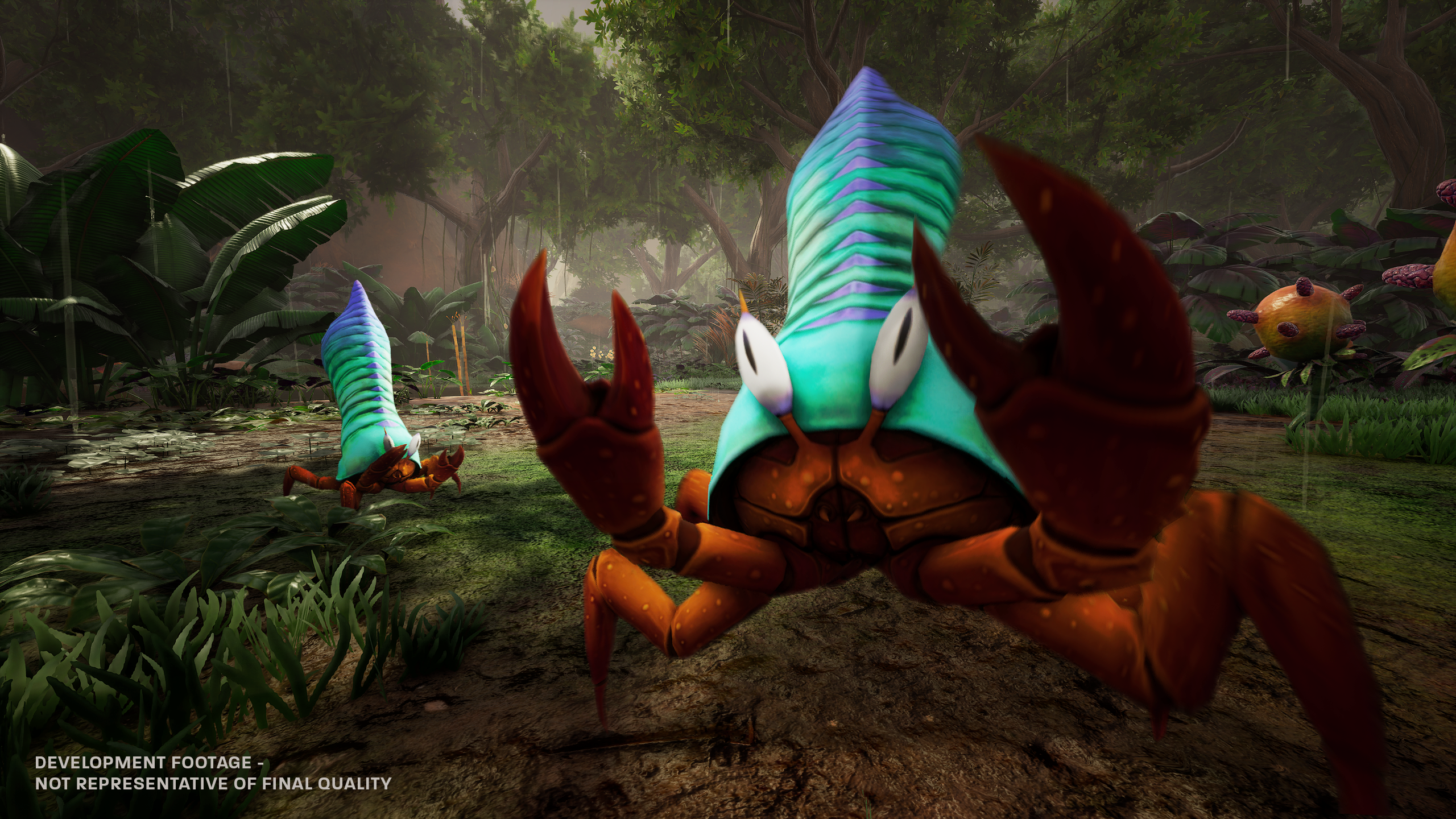
Reviewed on: Switch Platform: Switch, PC Developer: Mike Bithell Games Release: April 11, 2023 Rating: Teen Taking established fictional universes in new directions is an idea we should all be behind. Too often, licensed games hew too close to established characters or scenarios, and those beloved fictional frameworks are never given a chance to grow. With Tron: Identity, Bithell Games takes the venerable Tron franchise and tries something entirely different – a visual novel with a light touch of puzzle gameplay. The novelty alone is worth some enthusiasm. However, despite a valiant attempt at a fresh take, this bite-sized release falls short in some key areas. Tron: Identity is comparable to a classic noir detective story, presuming your investigator lived in a computer, wore a disc that contained his memories, and was constantly surrounded by pulsing colored lights. The entire story unfolds within an extensive repository of information on “the Grid,” and it’s up to you to solve the mystery of a strange explosion and possible theft that occurred there. Along the way, you meet a handful of other characters, or “Programs” in the vernacular, and make choices that will affect how each feels about you and how receptive they might be to your inquiry. The entire affair unfolds through written text set below art of the characters and locales within the Repository. I like the limited scope and tight narrative constraints that are on offer. But I can’t say I ever felt like I was solving a mystery. New pieces of information dropped into my lap at regular intervals, but I never really felt like a detective putting all the pieces together. When the big picture revealed itself, it felt more like a surprising plot twist than the satisfying click of everything finally making sense. Even so, the written descriptions and dialogue paint an atmospheric story and help create nuance around the mostly static image visuals. I enjoyed Bithell’s distinct take on the Tron world and the places the developer found to add new twists to that established fiction. I also liked the branching decision-making trees, which allow each player to craft their own take on the narrative, perhaps even with different characters who live or die by the end. Along the way, my character has the singular ability to help clear up and clarify character memories, which recent events have inexplicably damaged. These repairs take the form of an unusual puzzle game of matching numbers and card suits in particular patterns. Players repeat variations of this puzzle structure several times over the few hours it takes to complete a playthrough. While not aggravating, I never warmed to the mechanic and usually found that trial and error was the best path to wrapping them up. On a subsequent playthrough to explore different storytelling paths, I was happy to pause and skip the puzzles entirely – an option that was wise to include, based on my experience. Tron: Identity flirts with some pretty weighty themes across its concise playtime. Issues of fate, the meaning of memory, and purpose in the face of extinction – all of these and more are explored, primarily in connection with the game’s subtitle: identity. By the end, no matter your choices, the game doesn’t seek to offer any particular conclusive statements on those topics. But seeing diverse characters mull over these issues during a crisis is enjoyable. While I applaud Tron: Identity’s unique structure, I never found myself drawn in and engrossed in the unfolding story. Everything feels authentic to the Tron universe, and fans like myself should appreciate new wrinkles in the setting. But even with some interesting ideas, I was ultimately a User who couldn’t manage to marshal a lot of interest in these Programs and their problems. Score: 7 About Game Informer's review system Purchase
Reviewed on:
Switch
Platform:
Switch, PC
Developer:
Mike Bithell Games
Release:
April 11, 2023
Rating:
Teen
Taking established fictional universes in new directions is an idea we should all be behind. Too often, licensed games hew too close to established characters or scenarios, and those beloved fictional frameworks are never given a chance to grow. With Tron: Identity, Bithell Games takes the venerable Tron franchise and tries something entirely different – a visual novel with a light touch of puzzle gameplay. The novelty alone is worth some enthusiasm. However, despite a valiant attempt at a fresh take, this bite-sized release falls short in some key areas.
Tron: Identity is comparable to a classic noir detective story, presuming your investigator lived in a computer, wore a disc that contained his memories, and was constantly surrounded by pulsing colored lights. The entire story unfolds within an extensive repository of information on “the Grid,” and it’s up to you to solve the mystery of a strange explosion and possible theft that occurred there. Along the way, you meet a handful of other characters, or “Programs” in the vernacular, and make choices that will affect how each feels about you and how receptive they might be to your inquiry. The entire affair unfolds through written text set below art of the characters and locales within the Repository.
I like the limited scope and tight narrative constraints that are on offer. But I can’t say I ever felt like I was solving a mystery. New pieces of information dropped into my lap at regular intervals, but I never really felt like a detective putting all the pieces together. When the big picture revealed itself, it felt more like a surprising plot twist than the satisfying click of everything finally making sense.
Even so, the written descriptions and dialogue paint an atmospheric story and help create nuance around the mostly static image visuals. I enjoyed Bithell’s distinct take on the Tron world and the places the developer found to add new twists to that established fiction. I also liked the branching decision-making trees, which allow each player to craft their own take on the narrative, perhaps even with different characters who live or die by the end.
Along the way, my character has the singular ability to help clear up and clarify character memories, which recent events have inexplicably damaged. These repairs take the form of an unusual puzzle game of matching numbers and card suits in particular patterns. Players repeat variations of this puzzle structure several times over the few hours it takes to complete a playthrough. While not aggravating, I never warmed to the mechanic and usually found that trial and error was the best path to wrapping them up. On a subsequent playthrough to explore different storytelling paths, I was happy to pause and skip the puzzles entirely – an option that was wise to include, based on my experience.
Tron: Identity flirts with some pretty weighty themes across its concise playtime. Issues of fate, the meaning of memory, and purpose in the face of extinction – all of these and more are explored, primarily in connection with the game’s subtitle: identity. By the end, no matter your choices, the game doesn’t seek to offer any particular conclusive statements on those topics. But seeing diverse characters mull over these issues during a crisis is enjoyable.
While I applaud Tron: Identity’s unique structure, I never found myself drawn in and engrossed in the unfolding story. Everything feels authentic to the Tron universe, and fans like myself should appreciate new wrinkles in the setting. But even with some interesting ideas, I was ultimately a User who couldn’t manage to marshal a lot of interest in these Programs and their problems.
Score:
7
About Game Informer’s review system



